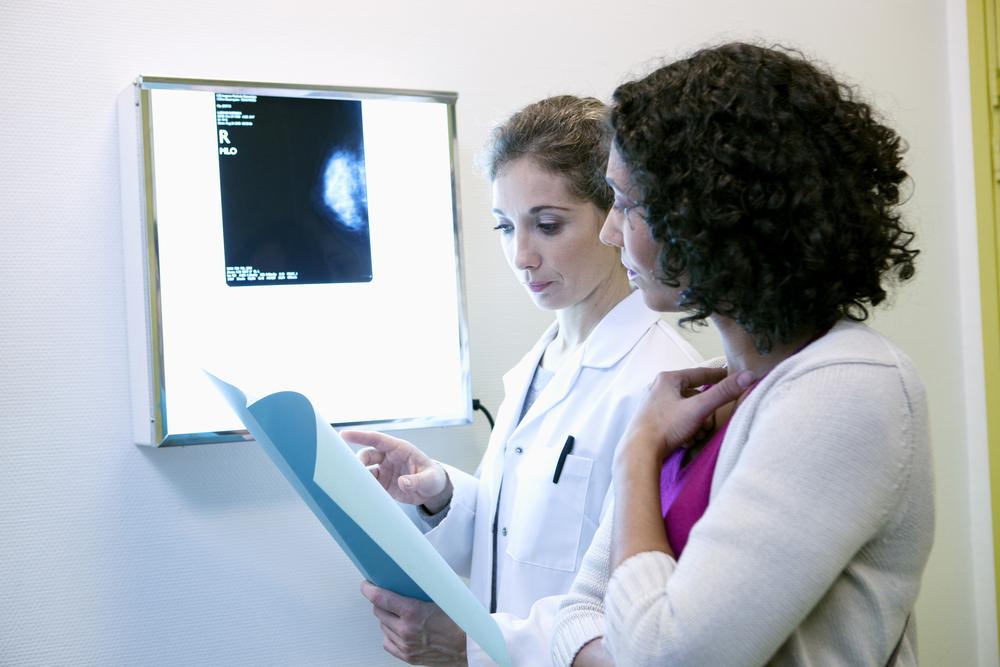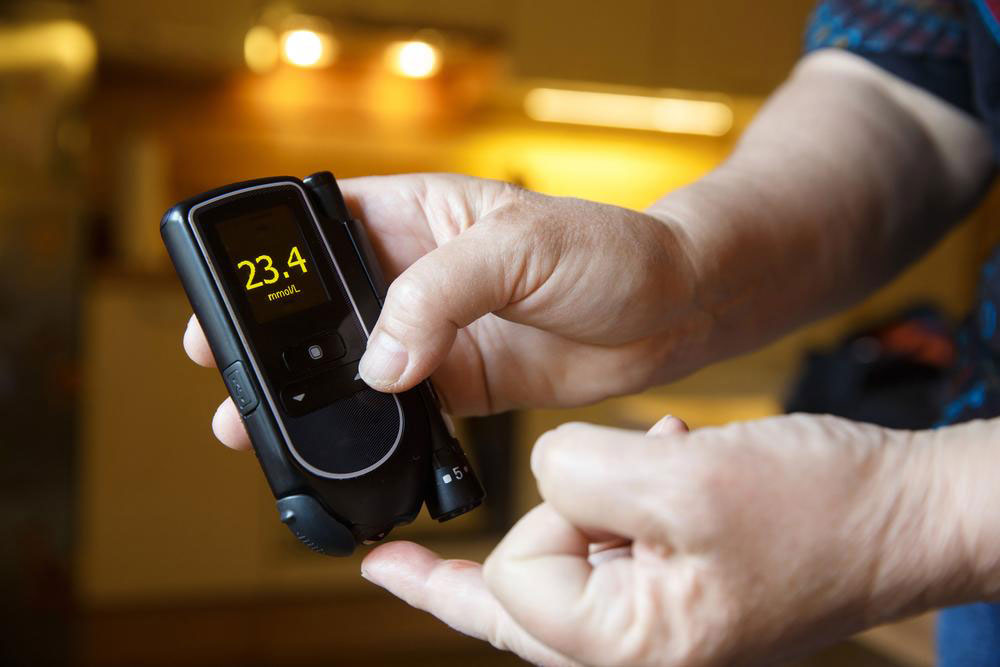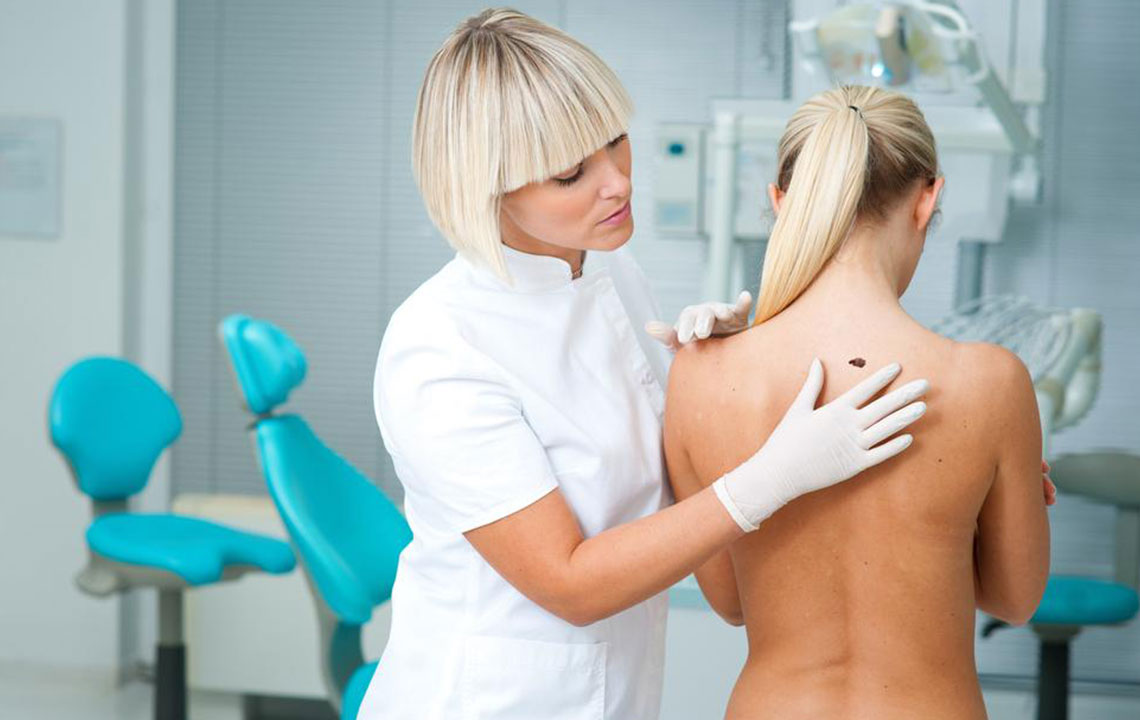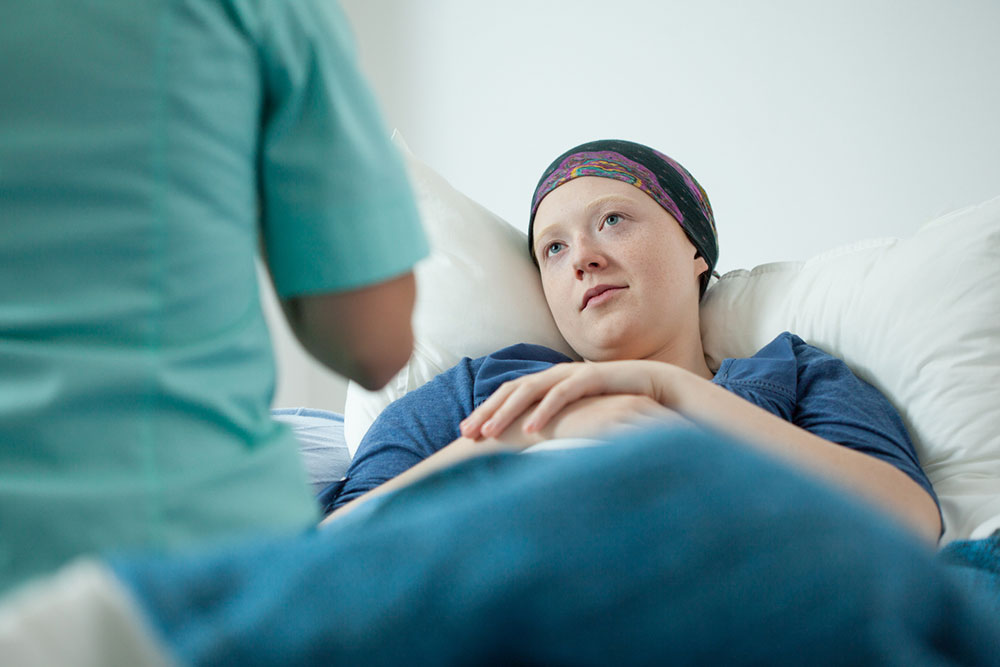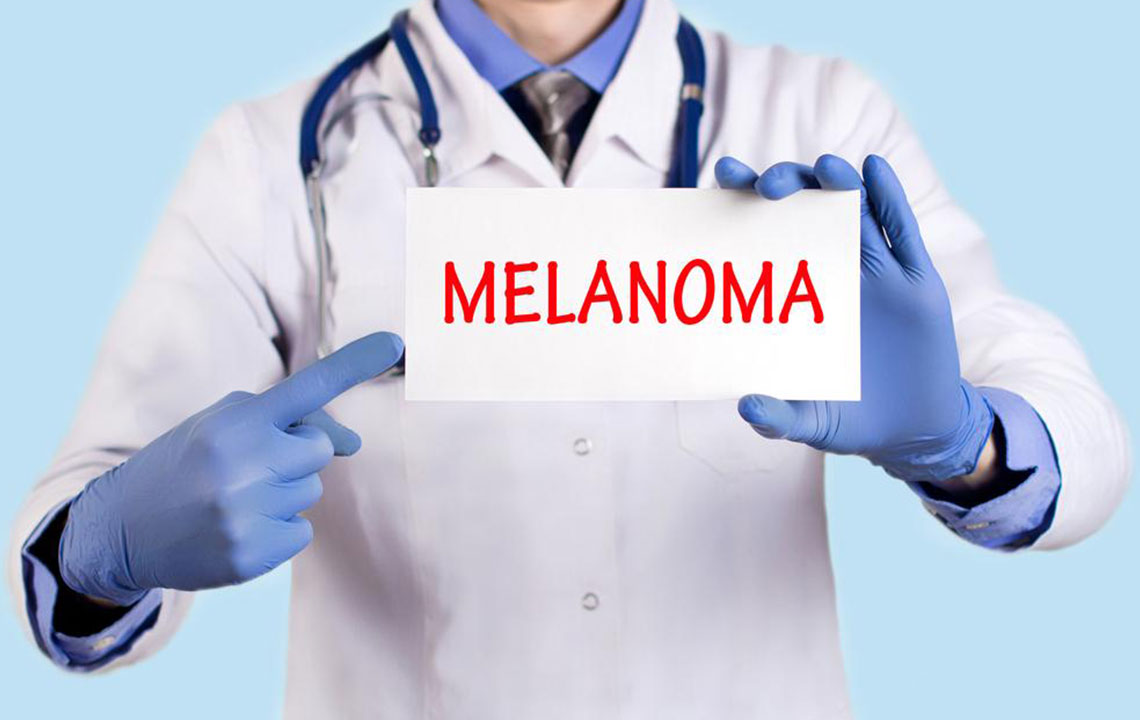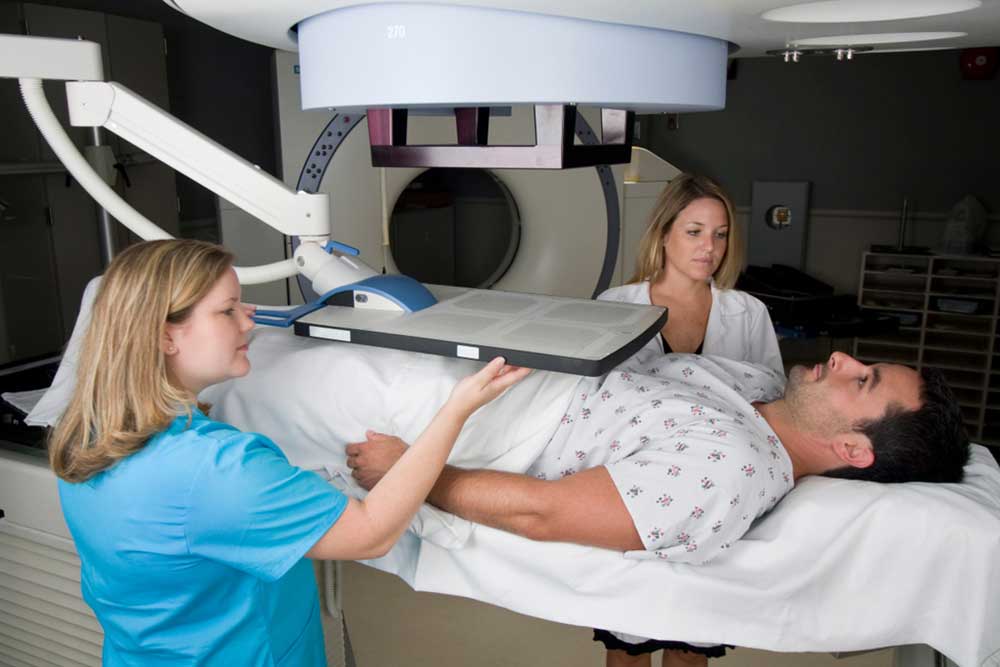Recognize These Critical Signs of Testicular Cancer Early
Early recognition of testicular cancer signs is crucial for successful treatment. Symptoms like lumps, discomfort, breathing issues, and swelling should prompt immediate medical consultation. Awareness can save lives through timely intervention and improved prognosis.
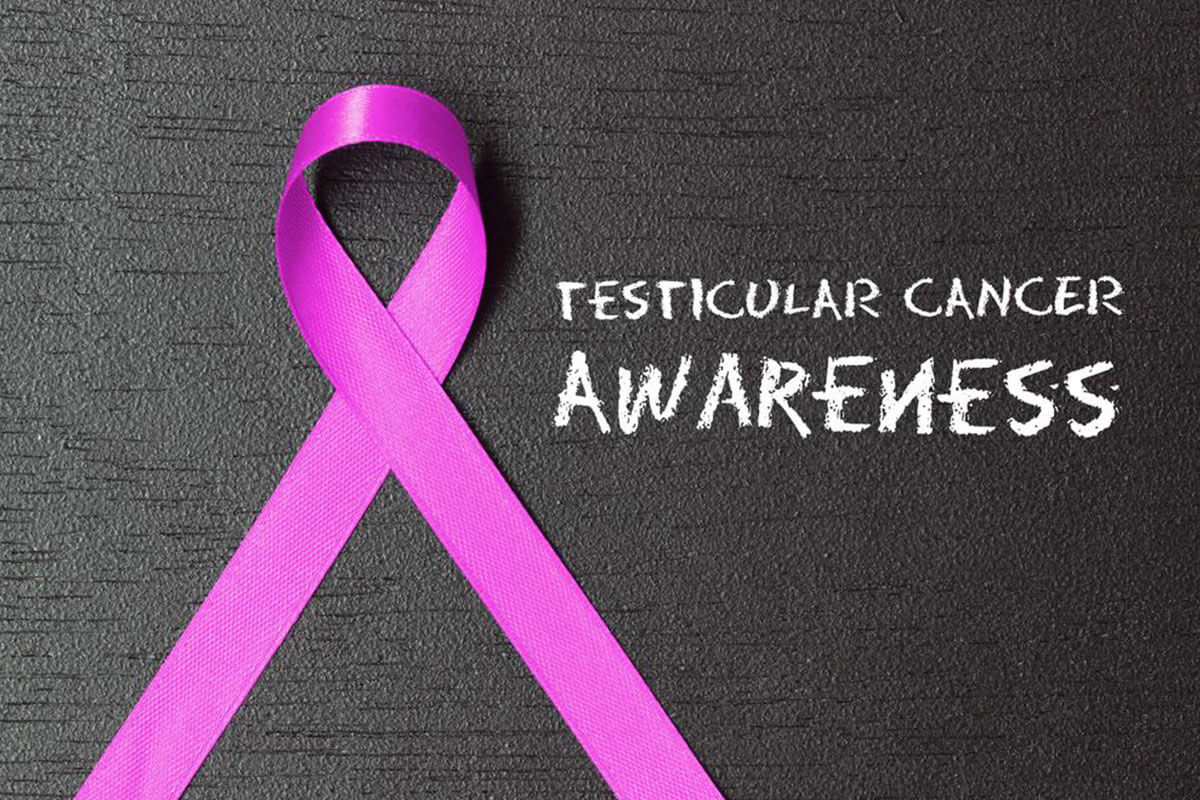
Recognize These Critical Signs of Testicular Cancer Early
Testicular cancer poses serious health risks, but early diagnosis can significantly improve treatment outcomes. It's essential to be aware of the warning signs to ensure timely medical intervention.
This type of cancer develops in the testicles, which are part of the male reproductive system. If the cancer spreads beyond the testicles via the bloodstream, it’s called metastasis. Fortunately, even metastatic testicular cancer can often be successfully treated.
Most cases originate in germ cells, responsible for producing immature sperm in the testes. Various forms include seminomas, non-seminomas, stromal tumors, and others. Despite high curability, many cases are diagnosed late, leading to preventable mortality. Recognizing early symptoms is crucial for prompt treatment.
. Key signs to watch for include various symptoms such as:
Testicular Enlargement or Lumps
A small lump or swelling, roughly the size of a pea, appearing in a testicle is a common early indicator. Such a lump might also form in the epididymis, causing discomfort as it grows.
Discomfort in the Lower Abdomen or Groin
Many individuals experience pain or discomfort localized in the lower abdomen or groin region due to swelling or lumps.
Breathlessness and Respiratory Symptoms
Difficulty breathing, persistent cough, chest pain, or coughing up blood (hemoptysis) may occur if the cancer has spread to the lungs. It’s an important warning sign to seek immediate medical attention.
Swollen Lymph Nodes
Enlargement of lymph nodes, especially in the neck or abdomen, can indicate metastasis to other organs like the liver.
Scrotal Swelling Due to Fluid
Accumulation of fluid in the scrotum, leading to swelling or hydrocele, is a symptom that should be evaluated, although other causes like injury or infection are also possible.
Gynecomastia
Unusual breast growth or soreness in men, resulting from elevated levels of hormones like HCG, can occasionally be linked to testicular cancer.
Heaviness in the Scrotum
A persistent feeling of heaviness or a noticeable change in testicle size and firmness may indicate progression of the disease. Changes in testicular consistency or size are common as cancer advances.
Testicular cancer can also be associated with congenital conditions such as undescended testes or family history. Though the exact cause remains unclear, early detection through awareness of symptoms is vital. Treatments include ultrasound, surgery, radiation, and chemotherapy, but side effects like infertility can occur. Regular follow-up is necessary to prevent recurrence. Recognizing symptoms early dramatically increases survival chances. If symptoms persist, consult a healthcare provider promptly.
Note:
The information presented here aims to educate on testicular cancer symptoms and early detection. It is not a substitute for professional medical advice. Always consult with a healthcare professional for diagnosis and treatment options.

